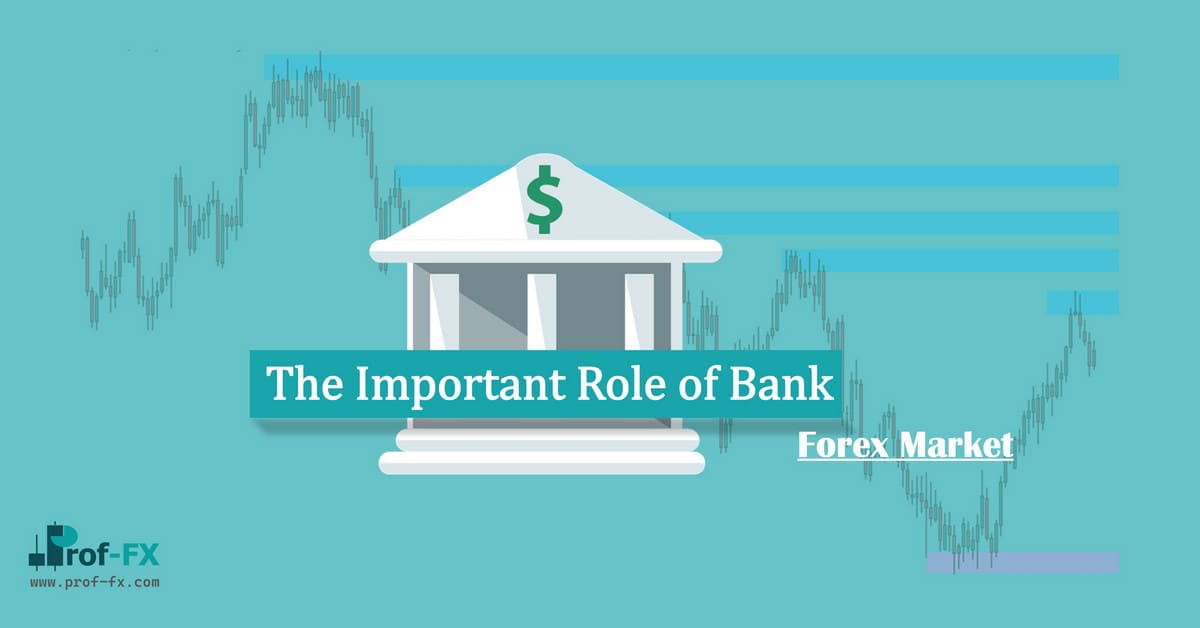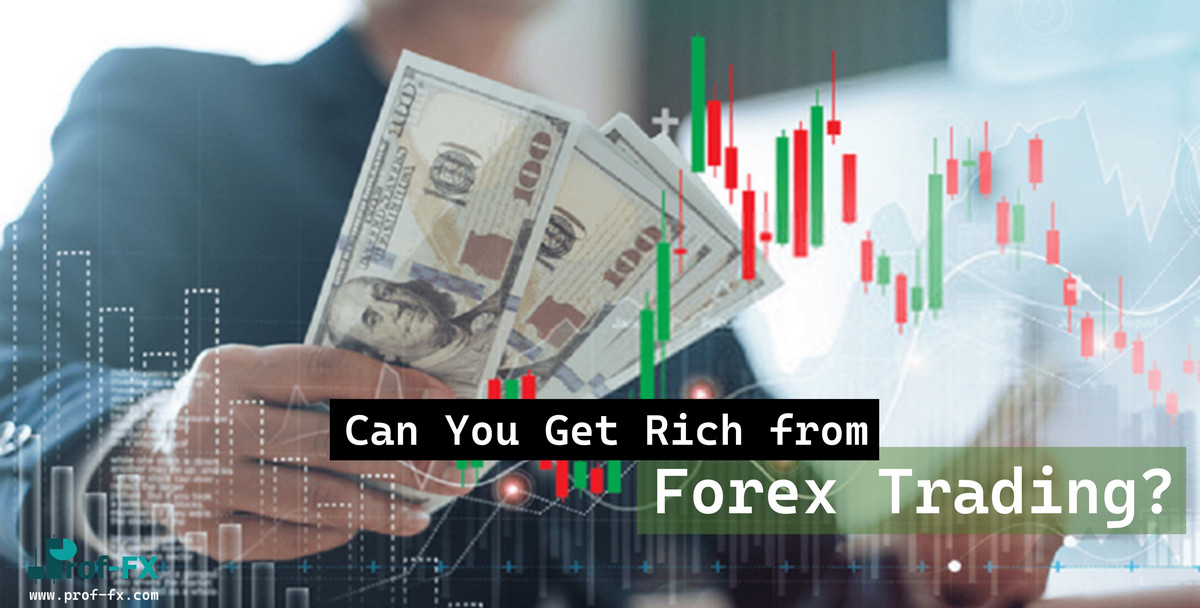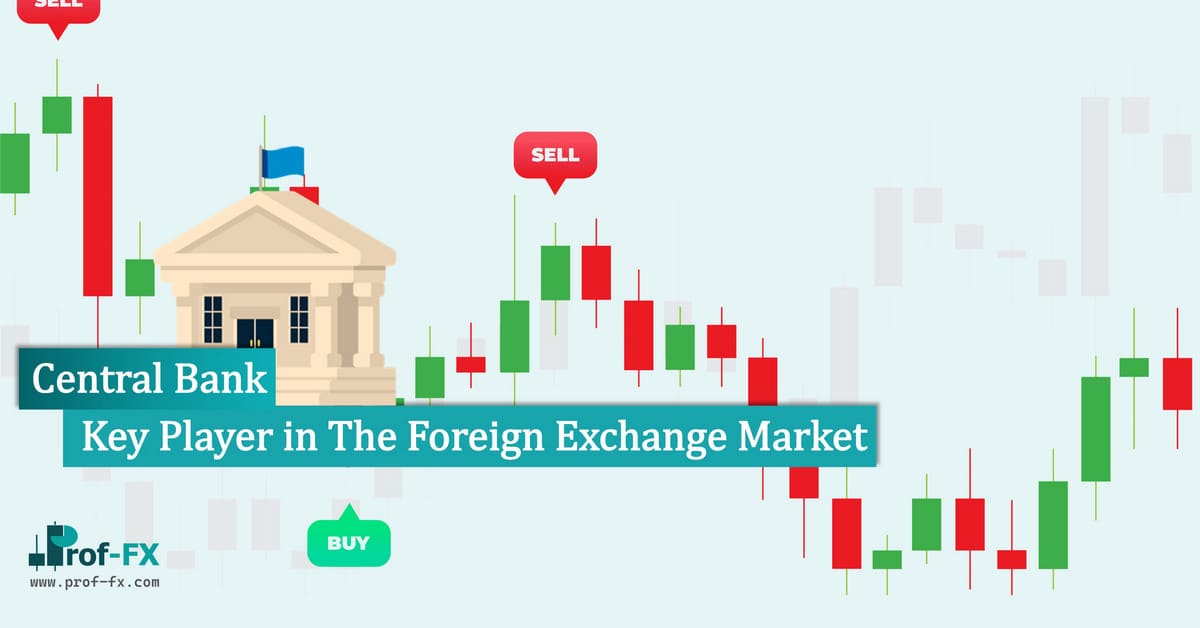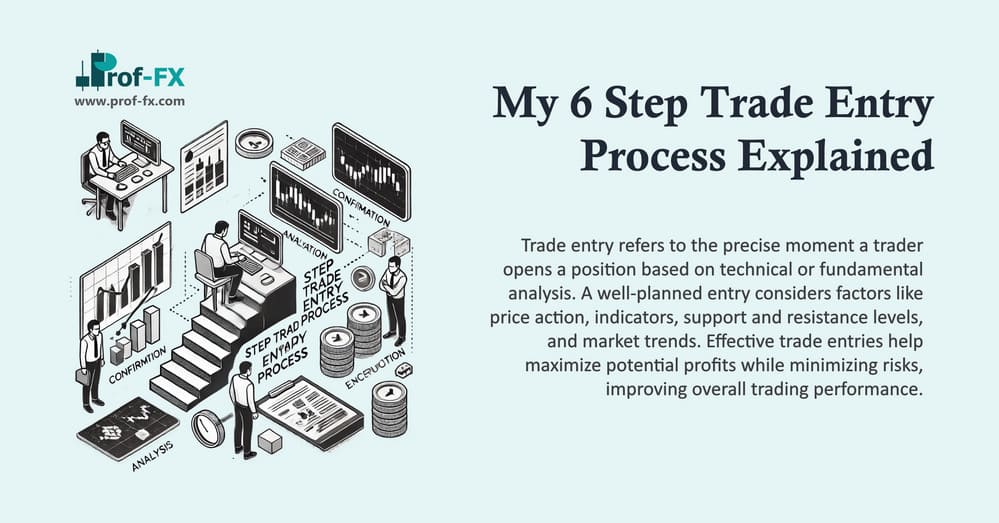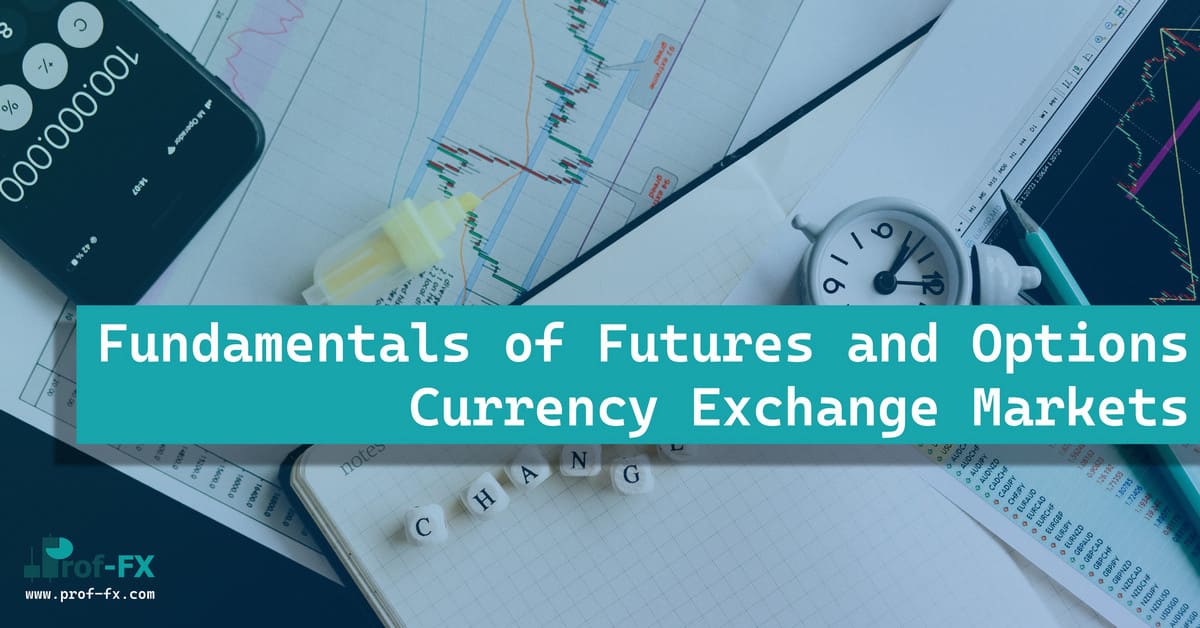Banks are facilitators, hedgers, and speculators. We know that is quite a statement, but you have to figure that when a market is often ref erred to as the interbank Forex market, banks are going to wear many different hats and engage in many different activities.
To get a sense of some of the banks that make up the interbank market are, let’s take a look at the banks that the Federal Reserve Bank of New York surveyed as part of the triennial Forex survey conducted by the Bank for International Settlements (BIS):
- Bank of America
- Bank of Montreal
- Bank of New York Mellon
- Bank of Tokyo-Mitsubishi
- Barclays Capital
- BNP Paribas
- Calyon
- Canadian Imperial Bank of Commerce
- Citigroup
- Credit Suisse Group
- Deutsche Bank
- Goldman Sachs
- HSBC
- JPMorgan Chase
- Mizuho Corporation
- Morgan Stanley
- Royal Bank of Scotland
- Skandinaviska Enskilda Banken
- Societe Generale
- Standard Chartered Bank
- State Street Bank & Trust Company
- Sumitomo Mitsui Banking Corp.
- UBS
- Wells Fargo
These are the big names you need to know. Other smaller banks simply don’t have as much of an impact. Now that you’ve met the big players, let’s take a look at the three key roles that these banks play.
Banks as Facilitators
Banks facilitate currency transactions for large corporate clients and even individual travelers like you. Some banks also facilitate Forex transactions by serving as a prime broker for some of their clients. We’ll discuss prime brokers in the next section, but for right now, let’s focus on how banks act as facilitators for their corporate and retail clients. Here’s an example.
If a bank has a multinational corporation as a client, and that corporation wants to exchange $100 million for the equivalent number of euros, the bank is going to be more than happy to assist in the transaction. After all, the bank is going to generate some nice commissions from that transaction.
However, by making that currency exchange, the bank is now exposed to currency risk because it now owns an additional $100 million and is short a lot of euros. To offset this risk, the bank must now hedge its position.
Banks as Hedgers
Banks are often hedgers by necessity. They are driven to hedge the currency risks that they assume by acting as counterparty to clients who are looking to exchange currencies. If they have too much of a given currency, they may need to sell some of it or buy a contract that offsets some of that exposure.
Banks also choose to hedge against other investment activities that the bank engages in. Here’s how Goldman Sachs put it in a recent 10-Q (quarterly report) filing: “The firm seeks to reduce the impact of fluctuations in foreign exchange rates on its net investment in certain non-U.S. operations through the use of foreign currency forward contracts and foreign currency-denominated debt. For foreign currency forward contracts designated as hedges, the electiveness of the hedge is assessed based on the overall changes in the fair value of the forward contracts.
Banks as Speculators
Banks are speculators in a variety of ways. Some banks have their own proprietary trading desks that invest in the Forex market much the way you do, except on a massively larger scale. New financial regulations are forcing some banks to divest themselves of their proprietary trading desks, but many banks still operate robust trading floors.
Banks can also speculate by not fully hedging their currency positions within the bank. In our previous example, if the bank that exchanged the $100 million for euros wanted to speculate that the value of the U.S. dollar was going to go up, it could hold onto that money without hedging it in the market.


